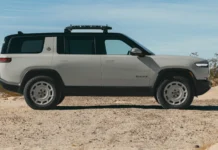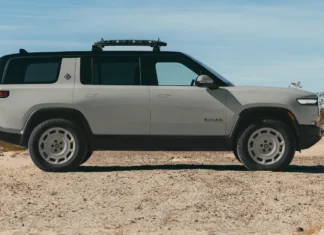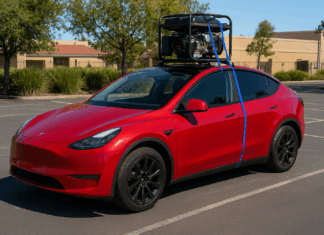
After reports surfaced last week that the National Highway Traffic Safety Administration (NHTSA) was looking into a complaint that 110 accidents were linked to unintended acceleration, Tesla issued an official response Monday afternoon. In their statement, the company disputed the claims, saying a short-seller was behind it all. Referring to the complaints, Tesla said, “This petition is completely false.
The NHTSA said it would review the petition and ultimately decide whether to launch a larger investigation. For its part, Tesla said in its statement that they “routinely review customer complaints of unintended acceleration [with the NHTSA]. Over the past several years, we discussed with NHTSA the majority of complaints alleged in the petition. In every case we reviewed with them, the data proved the vehicle functioned properly.”

Tesla: The vehicle won’t accelerate without your input
At time of writing, the petition includes 500,000 Tesla Model 3, Model S and Model X vehicles built since 2013. Brian Sparks, an investor who told CNBC he is shorting Tesla stock, submitted the original petition to the NHTSA last week.
Tesla’s response continued, “We investigate every single incident where the driver alleges to us that their vehicle accelerated contrary to their input, and in every case where we had the vehicle’s data, we confirmed that the car operated as designed. In other words, the car accelerates if, and only if, the driver told it to do some, and it slows or stops when the driver applies the brake.” In the event the driver presses both pedals simultaneously, Tesla says the brake pedal will override the accelerator. The motor will also cut torque and sustained braking will stop the car.
“Unique to Tesla, we also use the Autopilot sensor to help distinguish between pedal misapplications and cut torque to mitigate or prevent accidents when we’re confident the driver’s input was unintentional.” The NHTSA receives complaints about unintended acceleration in a wide range of vehicles. One of the most notable cases involved Toyota and Lexus in the late 2000s. Toyota ultimately recalled over 9 million vehicles worldwide for floor mats that could entrap the accelerator pedal, defects with the accelerator pedal itself, or both.
























